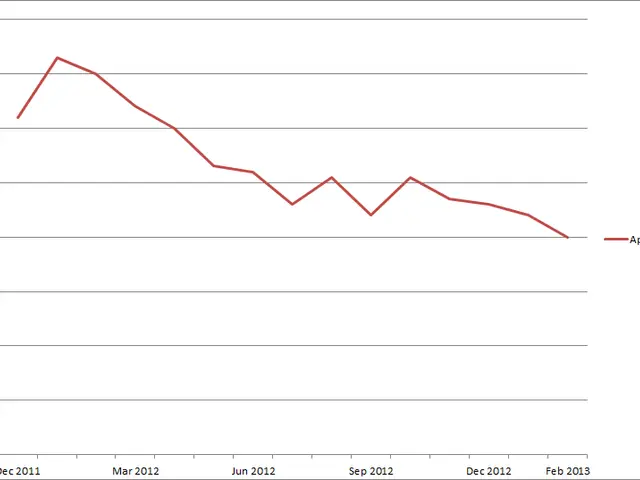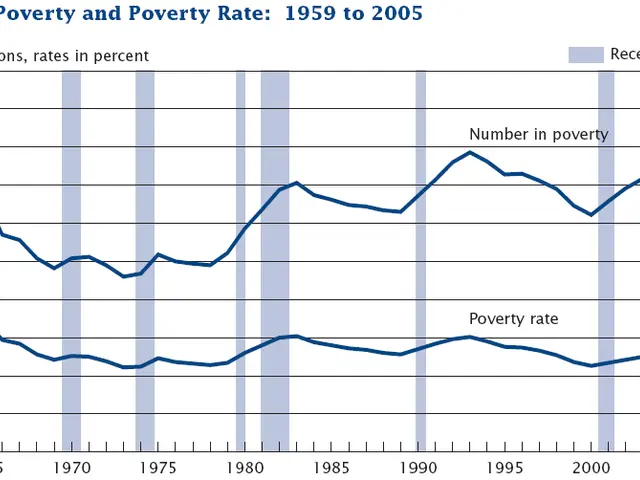Enhanced Scrutiny of Illicit Funds Transfer and Terrorist Financing Undertaken by CBK
In a bid to bolster its anti-money laundering (AML) and counter-terrorist financing (CTF) efforts, the Central Bank of Kuwait has issued a circular, mandating all supervised entities to comply with the Business Risk Assessment (BRA) Guide.
The new measures aim to address the additional risks posed by geographical factors, such as areas lacking robust AML frameworks or having high corruption levels. Moreover, the use of emerging technologies, fintech solutions, and digital assets can create vulnerabilities that must be addressed.
All supervised entities are required to ensure effective compliance with Kuwait's regulatory framework. The Central Bank has mandated that these entities maintain comprehensive policies, procedures, and controls to identify, monitor, and mitigate AML and CTF risks.
Thorough assessments of risks associated with new products and technologies are key measures. The circular requires entities to assess AML and CTF risks linked to operations, client base, products, and services. Risk weighting should not be dominated by a single factor, influenced by profitability, or prevent classification of high-risk relationships.
Service delivery channels involving digital platforms or indirect business relationships may increase anonymity and reduce oversight, raising risk levels. To counter this, entities must implement systems and controls to identify, assess, and manage these risks.
Regular internal data reviews are key measures to detect emerging threats. Continuous monitoring of external regulatory and intelligence sources is another essential measure. All banks and financial service providers in Kuwait are systematically required each month and year to conduct and document their risk identification and assessment concerning AML and CTF according to the BRA Guide.
Each institution must demonstrate to the relevant AML regulatory authority that its risk identification and mitigation measures are effective and tailored to its operations. For entities using externally purchased automated systems to assign risk scores, verification is required that the scores accurately reflect the institution's risk understanding, the methodology is understood and compliant with local AML/CTF requirements, and scores can be overridden when necessary with documented justification.
The assessment should consider annual business volume, net profit, number of employees and branches, market diversity, product complexity, and client profiles, including high-net-worth individuals and legal arrangements. Entities must also consider transaction complexity, frequency, and volume when evaluating potential risks. Assessments must be based on accurate, well-documented information.
In conclusion, the Central Bank of Kuwait is taking proactive steps to strengthen its AML and CTF framework. By requiring thorough risk assessments, regular reviews, and continuous monitoring, the Bank aims to minimise the risks posed by emerging technologies and geographical factors, ensuring a safer and more secure financial system for all.








